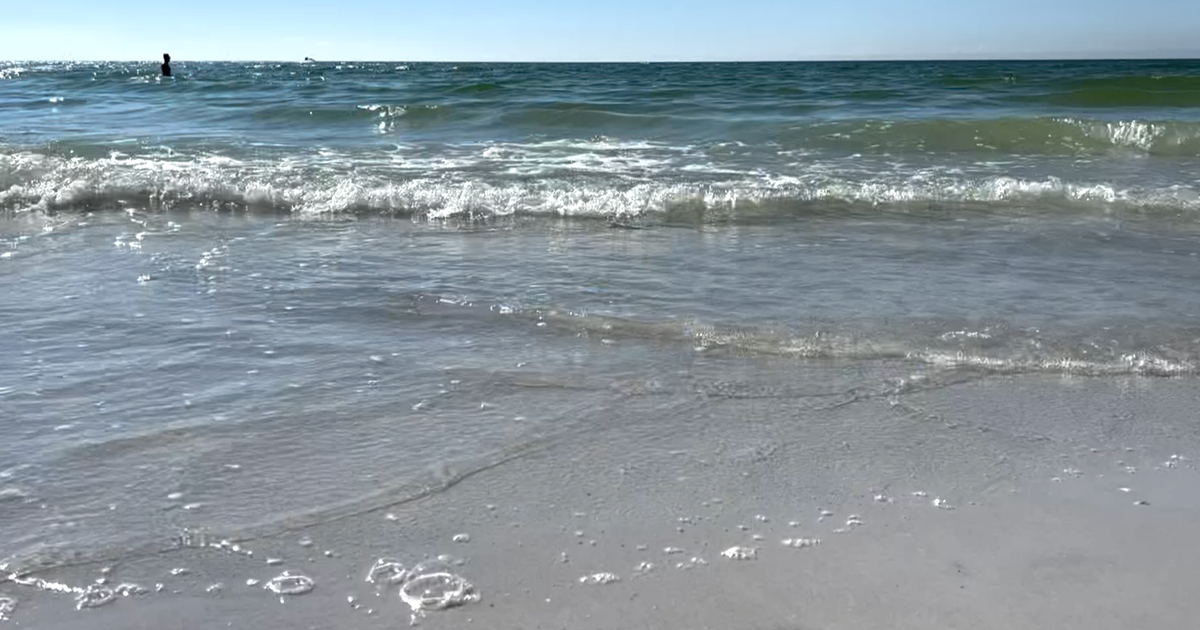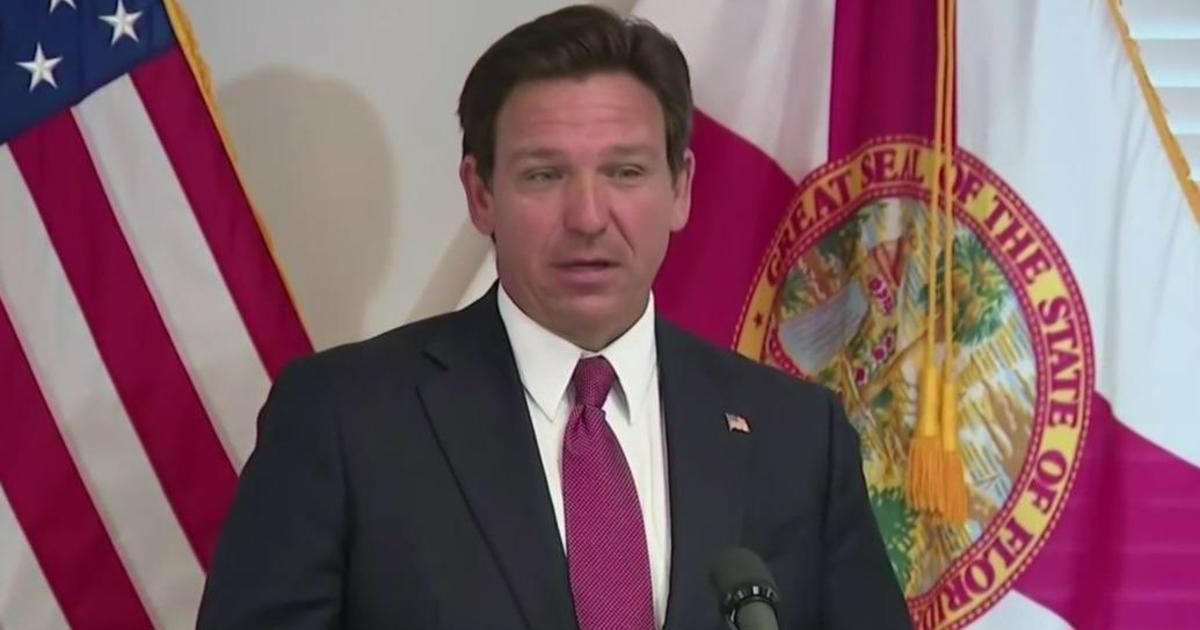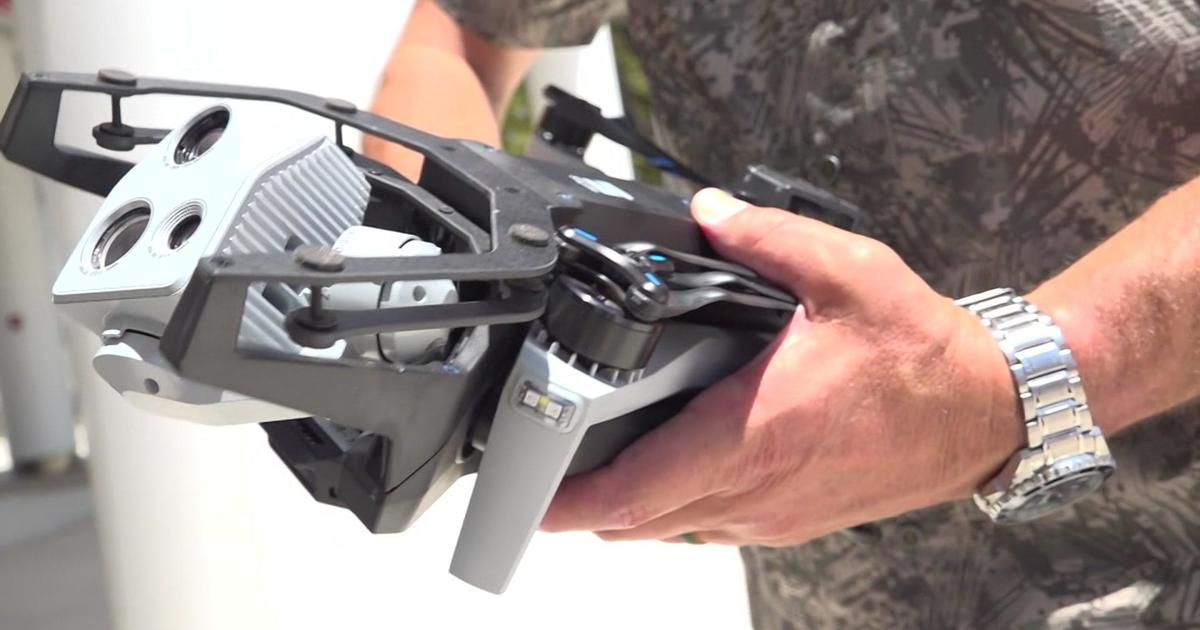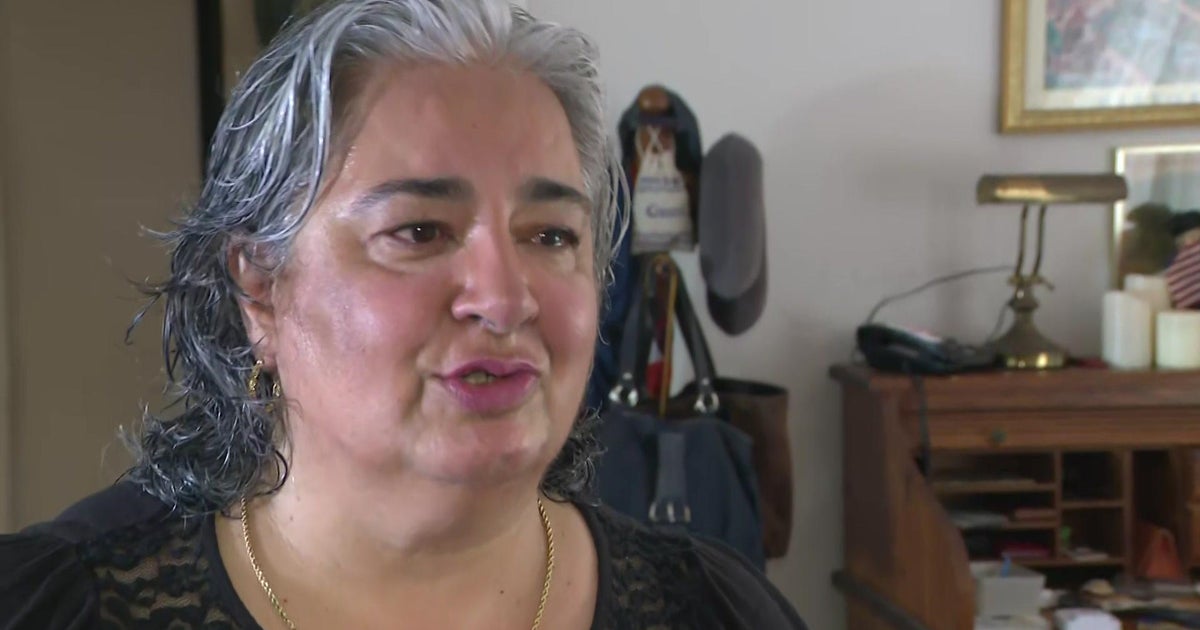Scott Signs DJJ Overhaul Reflecting New Approach
TALLAHASSEE (CBSMiami/NSF) - Gov. Rick Scott on Tuesday signed a bill rewriting laws that govern the state Department of Juvenile Justice, reinforcing an emphasis on prevention, intervention and the rehabilitation of youthful offenders.
The measure (HB 7055) formalizes the department's strategy of shifting funds to prevention programs, with the aim of keeping kids out of the juvenile system in the first place. It creates criminal penalties for abusing or neglecting teens of all ages in the department's custody and requires DJJ to provide the Legislature with annual reports on the outcomes for all its programs.
Also Tuesday, Scott named the department's deputy secretary, Christy Daly, as interim secretary to replace Secretary Wansley Walters, who will retire at the end of June.
"I believe the system is a better system today than it was, than it used to be, and it's getting better every single day," Walters told Cabinet members who honored her with a proclamation Tuesday morning.
The rewrite is likely to ensure that the department's approach to juvenile justice will not depart when Walters does.
DJJ's shift in philosophy is based on her premise that many children in the system ---– and their families --- are dealing with ongoing abuse and violence, so that a punitive approach to their behavior problems is likely to be counter-productive.
"Trust me, if they're a really serious offender in this state, they're going to the adult system," Walters said Monday on a visit to juvenile-detention facilities. "So any child that's in our care is one that a judge and a state attorney felt could be rehabilitated. Why, when we get these children, would you think that beating them down, taking away their identity, stripping their spirit down --- and think that when they come out, they're going to do just great with that? It's ridiculous."
Her strategy, known as trauma-informed care, is based on the idea that children and young adults can be rehabilitated by addressing the painful experiences they've endured, such as family violence or addicted parents.
"It's seeing the kids and asking, 'What's happened to you?' instead of 'What's wrong with you?' " said department analyst Maureen Honan. "And it's a completely different approach, completely different mindset."
The section of the bill criminalizing the abuse and neglect of teens of all ages in detention facilities stemmed from the 2011 death of 18-year-old Eric Perez in the Palm Beach Regional Juvenile Detention Center. Perez died after receiving blows to the head in what was later described as "horseplay" with the guards, and after he pleaded for medical help for hours. Nine guards were fired as a result, but the state attorney was unable to charge anyone because the law only allowed for a charge of neglect on a youth up to age 18.
Perez' death was followed by the 2012 arrest of a guard at the Milton Girls Juvenile Residential Facility for battering a 15-year-old girl. A surveillance video surfaced in which guard Shannon Abbott appeared to slam the girl into a wall, throw her to the ground and pin her for 20 minutes. Abbott filed an incident report saying the teen resisted, which the video appeared to contradict. Facility staff didn't report the incident to the department until two days later --- and only after the Department of Children and Families verified the abuse reported by the teen to a hotline.
In the aftermath of the incident, DJJ transferred the girls in the Milton facility to other programs, and the private provider that ran the facility terminated its contract with the department.
"Changing the old-school mindset and morphing people's ideas and beliefs about kids, I'm sure, has been very rough for (Walters)," said Melanie James, program director of the Walton County Youth Development Center in DeFuniak Springs. "But she cares about people --- a lot --- and her responsibility is to make sure we care about these kids."
James said the 38 young men currently in her facility are really "normal kids."
"I've made decisions as a teenager that probably could have landed me in a (juvenile detention) program," she said. "So for me to walk into a building and feel holier-than-thou and better than the population I serve is really hypocritical."
Walters and Daly toured two facilities in the Panhandle on Monday. The Walton facility, which serves high-risk and moderate-risk boys, is still surrounded by razor-wire on the high-risk side, but Walters said the razor wire would soon come down. James and 16-year-old Timothy Gallegos led the tour, pointing out a koi pond, a garden and newly planted flowers alongside picnic tables. A chicken coop is underway.
"They didn't want it to seem like a jail," Gallegos said.
The rooms are painted with slogans and cartoons that the young men voted on. "Every storm runs out of rain." "Do your best today. No regrets tomorrow."
The Panhandle tour ended at the Twin Oaks Academy II in Liberty County, deep in the Apalachicola National Forest. Director Donald Lasseter said his low-security facility, which used restraints on the boys 53 times in 2008, only had one such episode this year; his goal is none.
"We'll do it next year," Lasseter promised, adding that when the boys complete a month without the need for restraints, he takes them all swimming.
The 12 boys at Twin Oaks are ages 10 to 13. They receive mental-health services along with their education and vocational activities. Lasseter, who started at the facility as a nurse, proudly demonstrates the one-way lock that allows boys to feel safe in their rooms but to leave when they like.
Mary Mills, DJJ's regional director for the Northwest Florida facilities, including Walton and Twin Oaks, said seven of her 13 programs had no incidents involving restraints in the first quarter of this year.
"Kids will be whatever you expect them to be," she said. "If you believe they're a thug, they'll leave a bigger thug than when they came in."
The bill signed Tuesday also allows the department to provide transition services for more young offenders as they leave residential detention. According to the department, up to 30 percent of youths in detention are released with no oversight, although those who re-offend are likely to do so within four months of release.
David Utter, an attorney with the Southern Poverty Law Center and a frequent critic of the department, praised Walters for using data to drive her policy changes.
"The thing that made Wansley a breath of fresh air --- she was the first secretary of DJJ who attempted to base juvenile justice policy on data and research," Utter said.
As to the rewrite bill, Utter and Tania Galloni of the Southern Poverty Law Center said it was only a start.
"We have a long way to go," Galloni said. "While smaller facilities are better, it is community-based alternatives that work. The state continues to fall short of bringing practices in line with what's proven to work over reliance on costly, dangerous, ineffective incarceration."
Utter said Walters had moved the juvenile-justice system in the right direction, "but she could have been more aggressive."
This report is by Margie Menzel with The News Service of Florida.
RELATED CONTENT:



